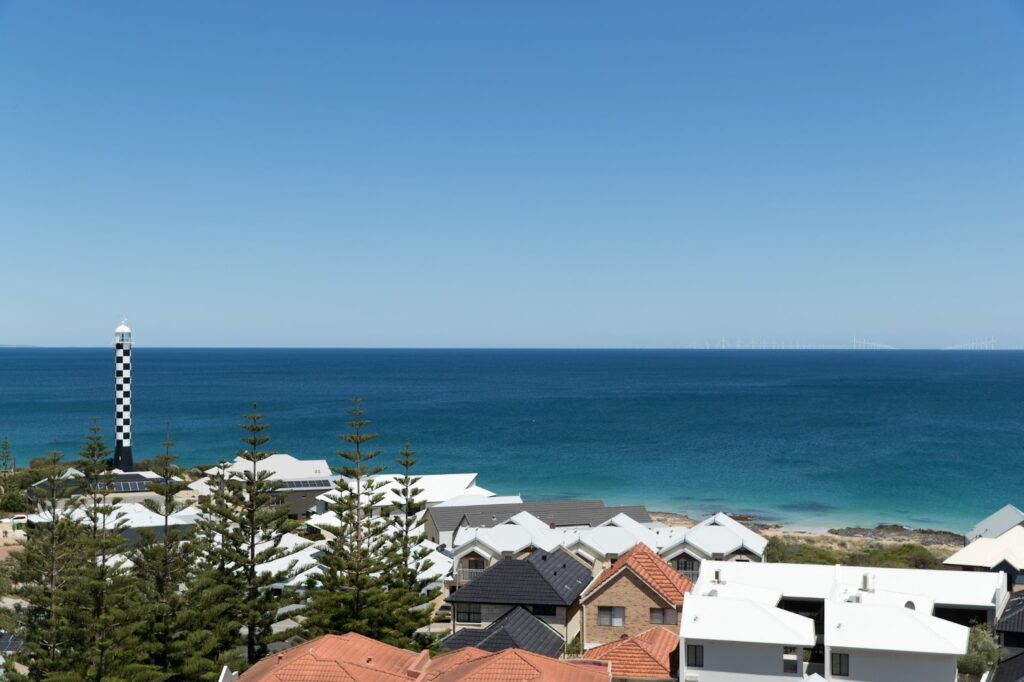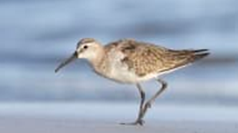Western Australia’s peak environment body says that renewable energy is critical for climate action, but governments and industry must also protect important habitat and consult with communities.

In response to Federal Minister for Climate Change and Energy Chris Bowen announcing the Bunbury offshore wind zone, the Executive Director of the Conservation Council of WA Jess Beckerling said renewable energy is the government’s chance to get things right for climate, nature and the community.
“The science is clear: to avoid the worst impacts of climate change, we must transition from fossil fuels like coal and gas to renewable energy like solar and wind this decade,” Ms Beckerling said.
“Not only are fossil fuel projects driving climate change, but many have been approved with poor planning and consultation. Renewable energy is the government’s chance to get things right for climate, nature, and communities.
“Together with communities across Western Australia, we’re calling for thorough environmental assessments to protect WA’s beautiful nature, and strong community consultation to make sure local people have a say in what the energy transition looks like for them.
“Government must conduct a comprehensive assessment to determine the best location, take into account the risks and potential impacts, and acknowledge and address the data gaps relating to environmental impacts from the range of activities required.”
Craig Sisson, Convenor of Busselton Dunsborough Environment Centre, said: “We support renewable energy, and it should be built with minimal environmental impact to avoid repeating the mistakes of the past.
“Geographe Bay is habitat for critically endangered species, and government and industry must work together with independent experts to protect migration zones and ensure that species like sea grass, whales, sea lions, turtles, and seabirds are monitored and protected as a matter of priority.
“Proponents must also take responsibility for the full life cycle of their projects, including their safe removal, recycling, and rehabilitation of the area they occupied.”
Luke Twomey, CEO of the Western Australia Marine Science Institution, said: “The announcement of an offshore renewable industry zone in Geographe Bay presents a unique opportunity to coordinate and collaborate on the collection of the baseline scientific information needed to make good, fact-based decisions for the region.
“The region marked for development is vast, but our scientific knowledge is limited. It will be necessary to collect robust baseline scientific information to assist trust and transparency when making these important decisions.
“A collaborative approach is necessary to gather the baseline scientific information needed to make good decisions for the region.”


